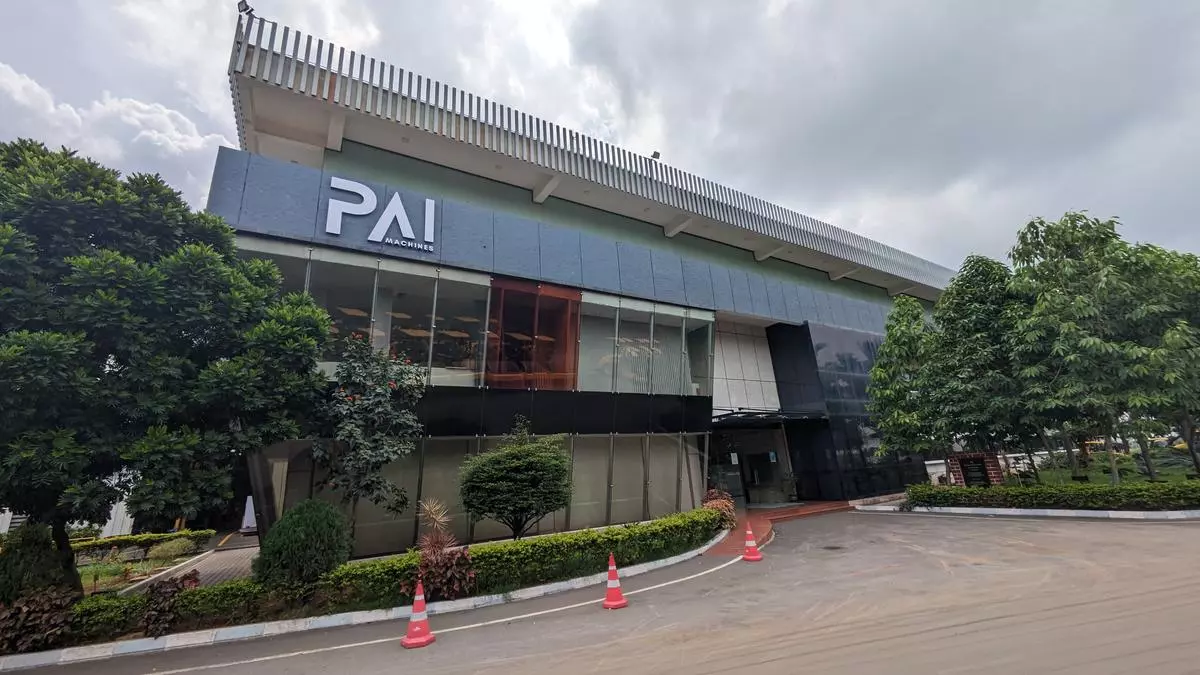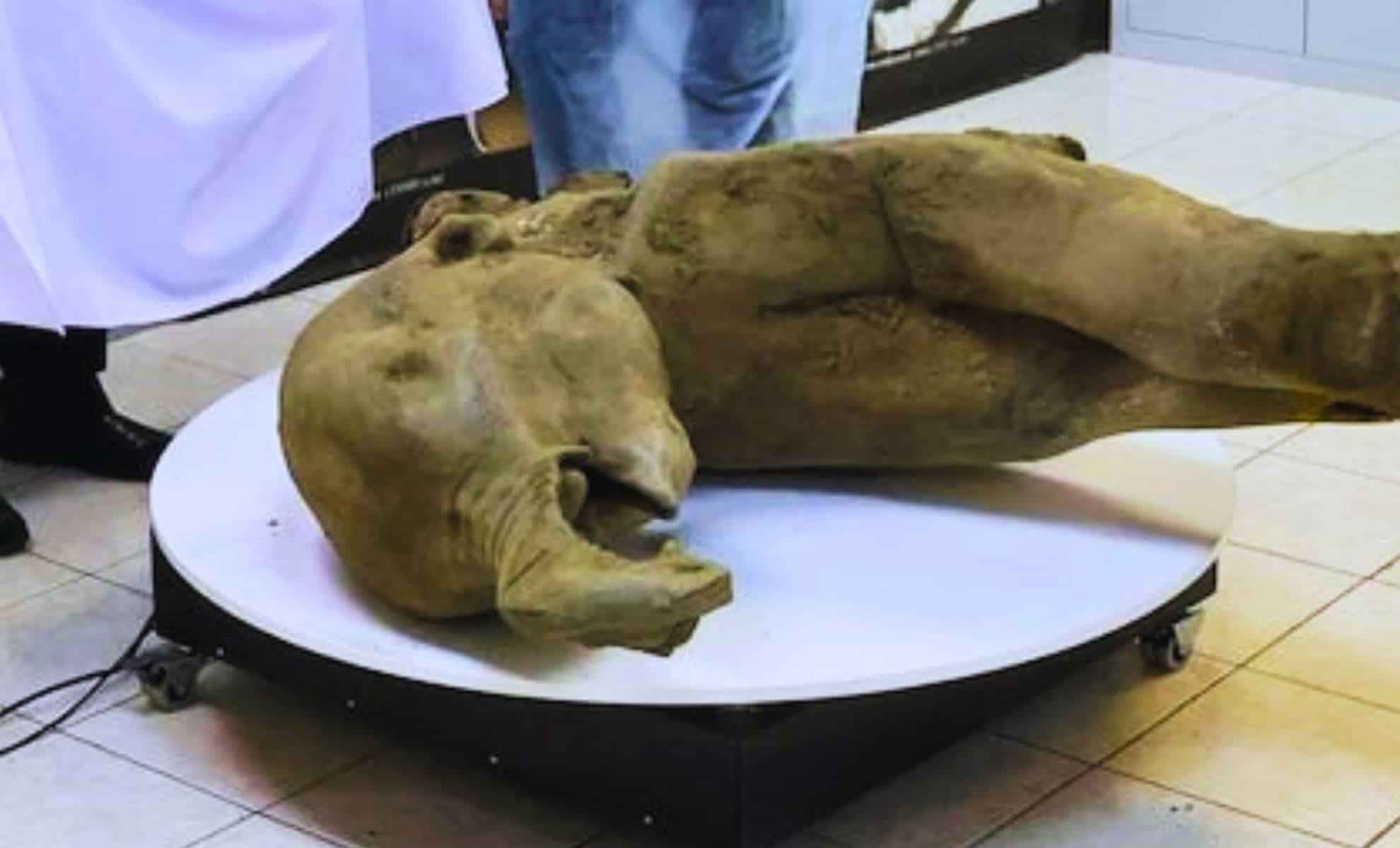In this episode of the State of the Economy podcast, businessline’s Jyothi Dutta talks to Biswajit Dhar, Professor, Jawaharlal Nehru University (Retd) and Distinguished Professor Council for Social Development to reflect on two decades of India’s product patent regime and its profound impact on the pharmaceutical landscape and public health.
The conversation begins Dhar explaining how the 1970 Patents Act focused on process patents, fostering a thriving generic pharmaceutical industry and making India a global supplier of affordable medicines by the 1980s. However, the 2005 shift to product patents under WTO’s TRIPS agreement reversed this trajectory, reintroducing concerns about market monopolies and the affordability of essential medicines.
The discussion extends to India’s recent free trade agreement with the European Free Trade Association, raising concerns about potential amendments that could hinder pre-grant oppositions and undermine the original objectives of the patent framework.
The episode also scrutinises India’s increasing patent numbers, with over one lakh granted in a single year. Dhar argues that quantity alone is not a benchmark of success, emphasising the need to evaluate patents against robust R&D spending and genuine inventive activity.
As the conversation concludes, listeners are left with a nuanced understanding of the successes and shortcomings of India’s patent regime and its implications for public health.
(Host: PT Jyothi Datta; Producer: Amitha Rajkumar)
About the State of the Economy podcast
India’s economy has been hailed as a bright spot amid the general gloom that seems to have enveloped the rest of the world. But several sectors continue to stutter even as others seem set to fire on all cylinders.








Leave a Comment